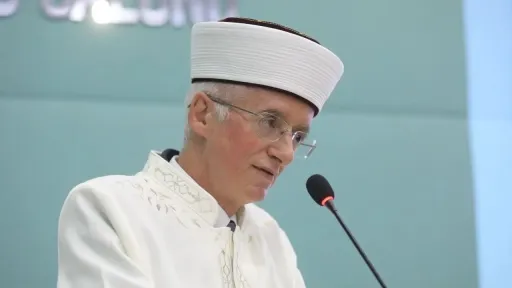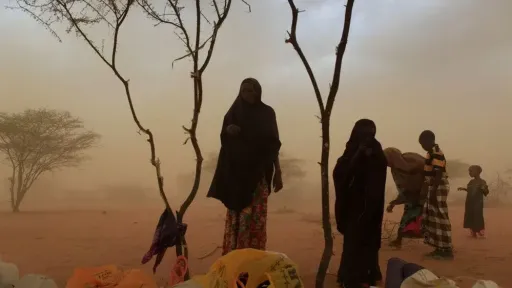Facts, pen, intellect needed to help Kashmir: Experts

Istanbul conference suggest strengthening diaspora, activism at policy making levels on Kashmir
People in the western world lobbying for Kashmir do not need tanks or guns but a pen and intellect aided by financial support, a number of speakers at a conference in Istanbul said Saturday.
The Kashmiri community in the diaspora also needs to widen the scope of cooperation with Muslim and non-Muslim groups who believe in humanity to get support for their cause, they added.
“Pen, intellect, facts, human resources and financial support are the five aspects of lobbying for Kashmir struggle in the western capitals,” Ghulam Nabi Fai told the audience at, “Kashmir: Bleeding wound of Ummah.”
The conference was organized by Human and Civilizational Foundation and Pakistan Solidarity Platform.
Fai, who is Secretary General of World Kashmir Awareness Forum, said those who are conscious of Kashmir’s fight for right to self-determination should sensitize their parliaments and lawmakers to visit Indian-administered Jammu and Kashmir.
“The best way to know the true picture is visit the disputed region and for that people, who express solidarity with Kashmiris, should write to the United Nations, their local governments to speak on the situation in Kashmir,” said Fai, who has a PhD in communication sciences from Temple University in the U.S.
Turkish journalist Aslan Balci suggested Kashmiris living outside the region should strengthen the diaspora.
“Kashmiris need to make their diaspora strong,” he said. “Massive human rights violations are happening in Kashmir and Kashmiris living in diaspora need to collaborate with those groups who respect human rights and work together with them and that is how pressure will be built on India and maybe a referendum is held in the disputed region,” said the noted Turkish writer.
Tensions between the two South Asian nuclear neighbors have mounted in recent months after the Indian government scrapped Kashmir’s special status which allowed citizens to enact their own laws. Since then, the valley has been under a severe lockdown.
The provisions also protected the region's citizenship law which barred outsiders from settling in or owning land in the territory.
In addition, key leaders have been imprisoned or put under house arrest. Internet services have been shut down by authorities in the Himalayan state on multiple occasions.
Emrin Cebi, a Turkish scholar on Kashmir, in her presentation explained how borders of Kashmir were changed from 1846 until August 2019. when India issued new maps for part of Kashmir under its control.
“Referendum, as promised under the United Nations security Council, should be held before demography is changed in the disputed region,” Cebi said.
The people in Jammu and Kashmir fear that scrapping Article 370 and 35A may result in demography change.
She, however, said that it was responsibility of those Kashmiris living outside the region to raise awareness about the issue.
“There is lack of knowledge about the humanitarian situation in Kashmir in Turkey. Kashmiris living in this country should act as a bridge between their people living in Kashmir and people of Turkey and tell us what is happening in their homeland,” she said.
Shaikh Waleed, who is a professor at Rifah University Pakistan, said the Kashmir struggle has got international sanctity because of 12 UN Security Council (UNSC) resolutions which call for a referendum to decide the future of the region.
“There is a need to make policy makers of states aware of these international resolutions on Kashmir that UNSC itself has promised to hold a plebiscite in Kashmir and it is for the people of Kashmir to decide what they want,” Waleed said.
Azad Jammu and Kashmir Assembly lawmaker Abdul Rashid Turabi expressed thanks to the people of Turkey and its leader, President Recep Tayyip Erdogan, for raising the voice of Kashmiris in the UN.
“President Erdogan has led from front to express support to Kashmiris,” he said, explaining the situation in Kashmir, which is still witnessing communications blackout imposed by India since Aug. 5.

